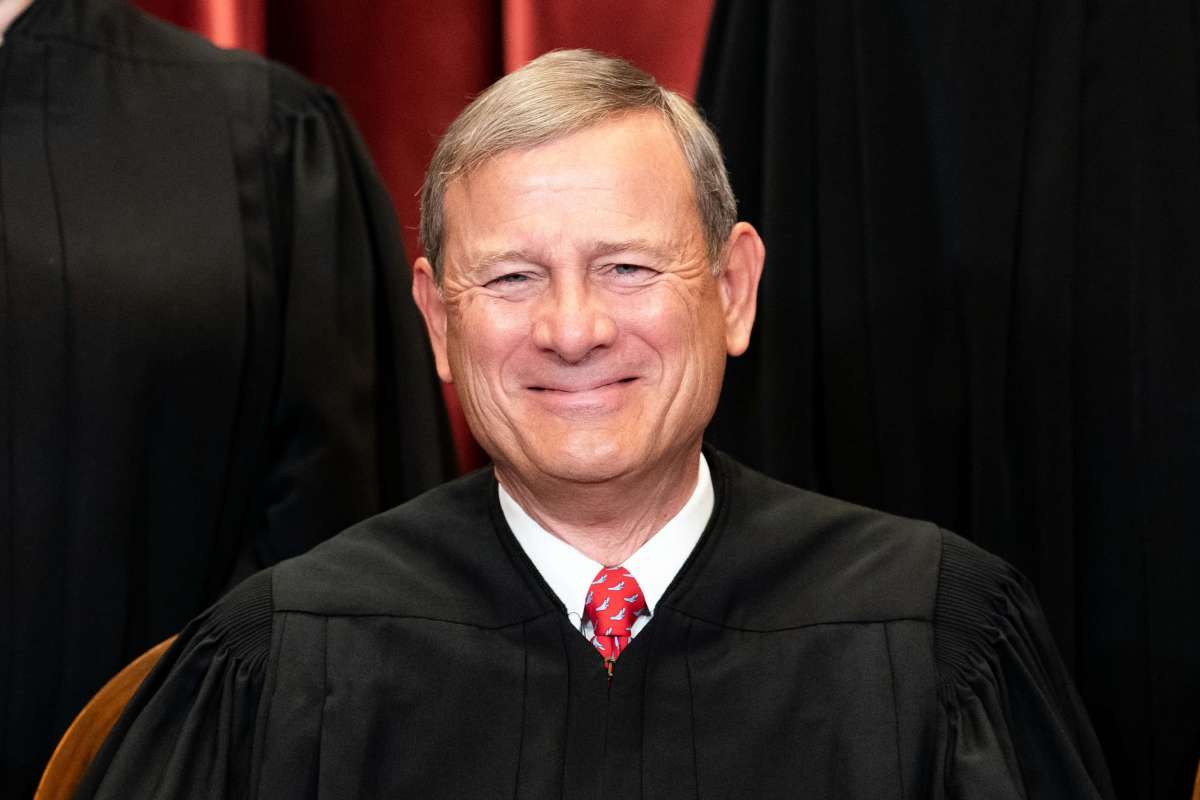Mississippi abortion law: 5 takeaways from landmark Supreme Court hearing

The Supreme Court on Wednesday, December 1, appeared prepared to uphold a Mississippi law that would ban nearly all abortions after 15 weeks of pregnancy. This is set to be a very dramatic break from as many as 50 years of rulings.
Ninety minutes of oral arguments were heard by the justices. Most of the conservative justices of the court seemed to be ready to discard the court's previous standard preventing states from banning abortion before a fetus becomes viable. This apparently happens at about 24 weeks into a pregnancy. The argument, however, did not make it very clear whether the court would explicitly overturn its abortion precedents, including Roe v Wade.
READ MORE:
Jasbir Ahluwalia: Texas doc performed 67 abortions day before controversial ban
Is this the end of Roe v Wade? Abortion loophole exploited by Texas for new law SB 8
Scene outside of the Supreme Court as the justices are set to hear a massive case about a Mississippi abortion law. pic.twitter.com/75bx85BVqC
— Tyler Olson (@TylerOlson1791) December 1, 2021
Here are five takeaways from the hearing:
The opening of the hearing
The hearing was opened by Mississippi's solicitor general, who said that 1973's Roe v Wade and 1992's related Planned Parenthood v. Casey cases "haunt" the country. "They have no basis in the constitution; they have no home in our history or our traditions. They've damaged the democratic process," said Scott Stewart.
Stewart said that in the past, elected officials in the states should have been allowed to set the rules, but instead that past generations of judges happened to overstep in abortion cases. He did not really get any pushback from the court's conservatives.

The decision will likely not be completely overturned
The court's conservatives clearly hinted at the point that they might weaken Roe v Wade, but would not completely overturn the decision. Chief Justice John Roberts stated that the case does not aim at ending abortion, but rather shaving back the guaranteed access by a few weeks. Other judges made similar comments.
What future is the US heading towards?
Associate Justice Brett Kavanaugh said that abortion access already varies widely between states. The gap, he said, will likely grow. Some states, he said, could continue to allow abortion freely -- meaning many states will not. The details of the decision will determine the extent of the change. If Roe were completely struck down, several states already have laws or promised laws, that would end or curtail abortion.

There are broader legal issues, not just abortion
Besides dealing with abortion, the case raises questions on how expansively to interpret the post-slavery 14th Amendment, and its guaranteed rights to life, liberty, property and due process. Several landmark decisions have been made depending on a broad interpretation, including the right to an abortion in Roe v. Wade, contraception, interracial marriage and same-sex rights.
Mississippi's supporters argue the amendment was not exactly supposed to apply on abortion, because abortion bans already existed when it was enacted in 1868. To what extent then can judges interpret old texts to confer rights that are not mentioned explicitly?
Sonia Sotomayor, one of the liberal judges, said that it is preposterous to suggest that courts cannot interpret texts to include rights that are not mentioned. She explained that the original constitution does not grant the Supreme Court the final word on what the constitution means. The standard, she said, was built over time.
Abortion access could become an election issue
The decision will be announced by the court by June, that is, by the end of the current session. Abortion access, therefore, might as well become an election issue. The Senate has the power to confirm judges that the president nominates.










